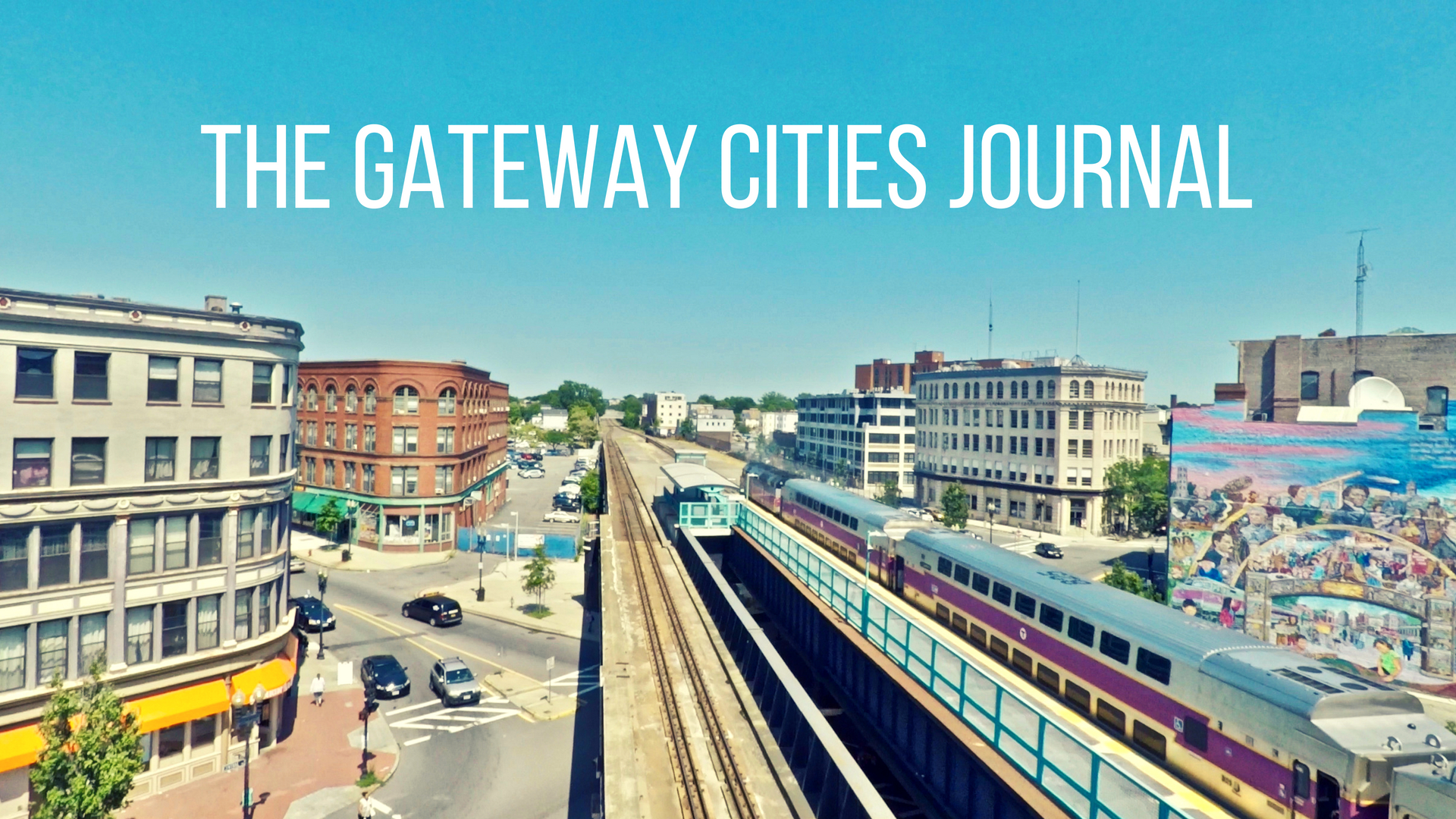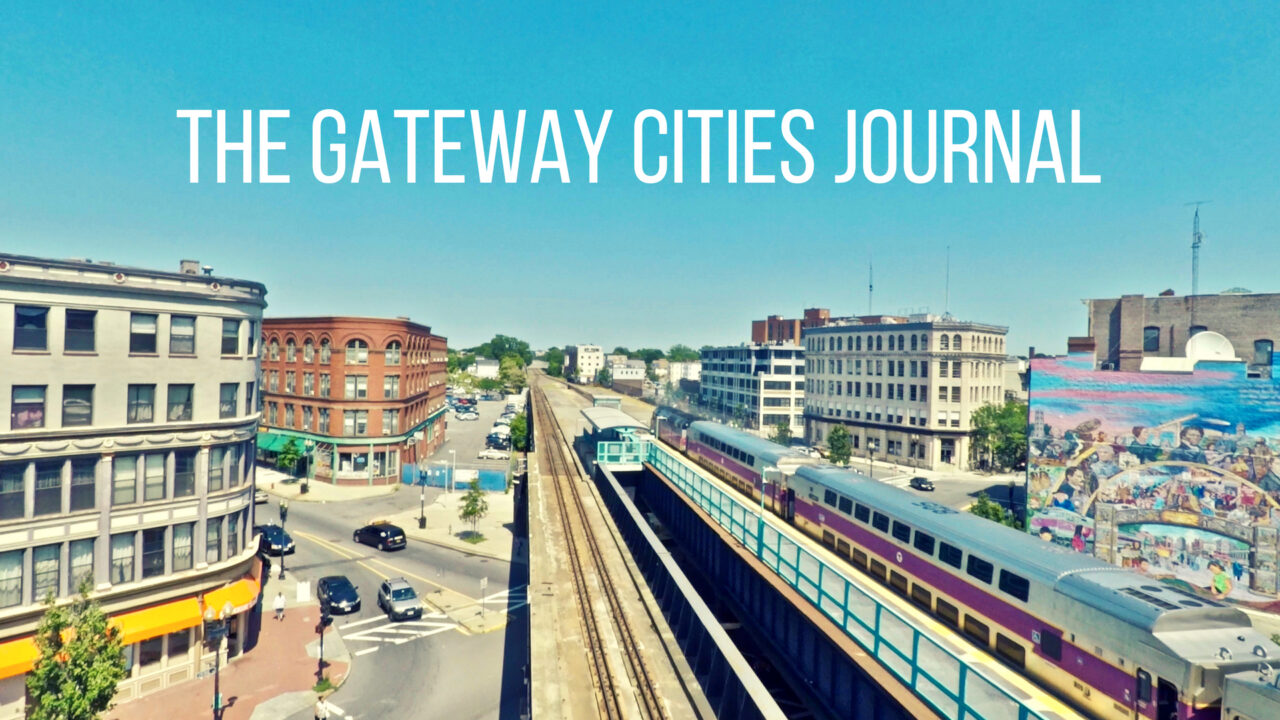
In 2013, Gateway City leaders worked with MassINC to develop an education vision. This blueprint articulated how they could take advantage of their many uniquely urban assets to build economically-integrated schools that provide all students with exceptional educational opportunities. Gateway City educators labored to fulfill this vision with an array of innovative programs, but time and again, their hard work and aspirations fell victim to budget cuts.
Deeply distressed by this turn of events, Gateway City mayors gathered last week to let Beacon Hill leaders know that they have reached their collective breaking point. If the state continues to ignore its constitutional responsibilities to ensure that Gateway City schools have sufficient resources to provide all students with a quality public education, they are prepared to file a lawsuit.
Early college is a case study in opportunity lost and the urgent need for a new funding model. The Gateway Cities education vision prioritized early college as a high-leverage strategy. Students in every subgroup that have access to post-secondary studies through structured programs while in high school are far more likely to graduate high school and obtain a college degree.
Gateway Cities are home to many higher education partners to form these programs, but it takes painstaking work to build programs that serve students effectively. Through the Massachusetts Early College Initiative, Gateway Cities have done this hard work. Unfortunately, the grant funds they rely on to fulfill their commitments to thousands of enrolled students are now uncertain.
At an upcoming MassINC forum, we’ll hear directly from students and educators about what they have achieved through early college. We will also hear about the need to carve out sustainable resources for these programs as Beacon Hill leaders develop 21st century funding mechanisms for K-12 education.
If we get this right, the possibility for a collective victory is huge. Studies from WISPP and AIR show early college posts an absurdly large benefit-to-cost ratio. But by looking at just the gains from individual earnings, these reports overlook the largest potential upside for taxpayers. When inclusive urban communities are positioned to build upon their many educational assets, the state will no longer be on the hook to cover such a large share of Gateway City school budgets.
Housing/Economic Development/TOD
Gov. Baker touts his housing choice bill, arguing it could lead to more than 1,100 housing units in Gateway Cities.
The Attleboro Redevelopment Authority awards a $500,000 loan to a three-acre downtown parcel to prepare the land to be a part of a vibrant, mixed-use neighborhood.
Two Fall River companies, Ice Cube, LLC and Raw Seafoods, Inc., pledge to create at least 30 new jobs.
Gov. Charlie Baker designates Haverhill as a Housing Choice Community.
Secretary Kennealy visits Lynn to tour downtown and promote Gov. Baker’s housing initiative.
Worcester City Manager Ed Augustus gives the green light for the creation of the Green Worcester Plan, which will work to identify the city’senvironmental and sustainability priorities.
Members of Yes For a Better Worcester! file three petitions with the City Council, including an Affordable Housing Trust Fund, Community Recreation and Open Sspace Fund, and Preservation Fund.
Shelterforce outlines steps urban policymakers can take to ensure that investments in Opportunity Zones are equitable.
The Brookings Institution Metropolitan Policy Program releases a major report on confronting middle-class housing challenges.
Education
Brockton, New Bedford, and Worcester threaten to sue over education funding if Beacon Hill doesn’t act quickly enough.
Residents of New Bedford and the teacher’s union join together in a lawsuit to block a charter school’s expansion.
Lynn will pilot a two-way Spanish immersion program beginning in the fall of 2020.
Haverhill high gets a new multi-purpose sports facility with a state-of-the-art synthetic turf field, a softball diamond, and full-sized fields for soccer, field hockey, and lacrosse.
The Eos Foundation awards $100,000 to 160 schools across Massachusetts for “Gold Star” school breakfast programs for low-income students, including New Bedford and Springfield.
Transportation
Brockton scores a big victory with state officials announcing the South Shore’s three commuter rail lines will begin running late evening service starting this fall.
Sen. Jo Comerford and Rep. Mindy Domb pitch an east-west passenger rail connection to the transportation committee. The track would follow Route 2 with connections between Boston, Greenfield, and North Adams.
The Boston City Council votes unanimously to support Springfield-to-Boston high-speed passenger rail.
Creative Placemaking
Rep. RoseLee Vincent proposes a new park for seniors at the Sullivan Field in Revere that would have bocce, shuffleboard, and pickle ball courts.
Brockton‘s week-long Mini Greek Food Festival begins Friday.
A crowd-funding campaign in Fitchburg may soon revitalize the city’s downtown with public art, music, and street carts.
Zion Lutheran Church in Pittsfield will host their 11th annual plant sale and craft fair on Sunday.
Communities & People
The Hector Reyes House, a 25-bed Latinx treatment facility in Worcester, celebrates its tenth anniversary of combating the opioid overdose epidemic.
